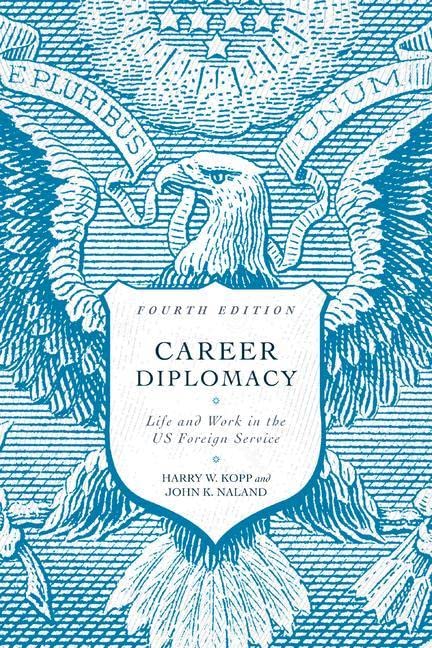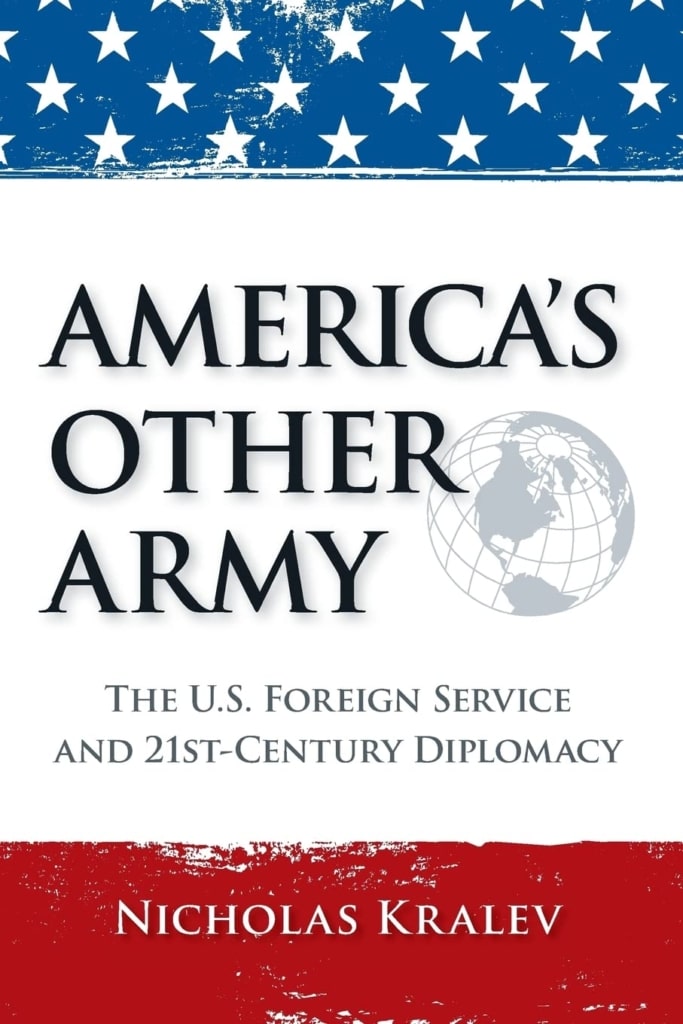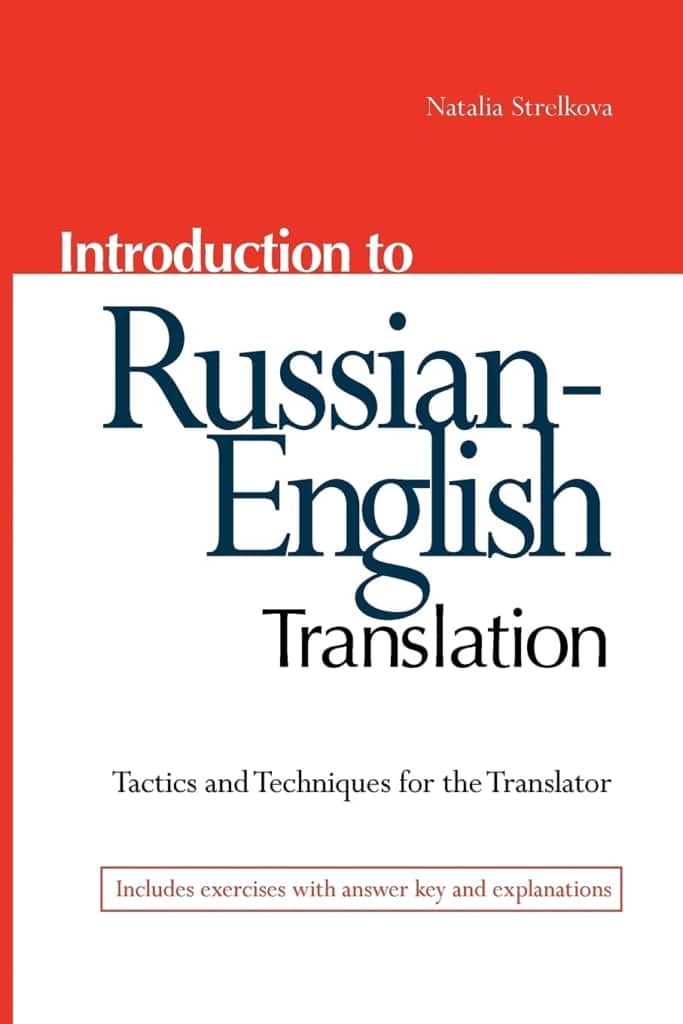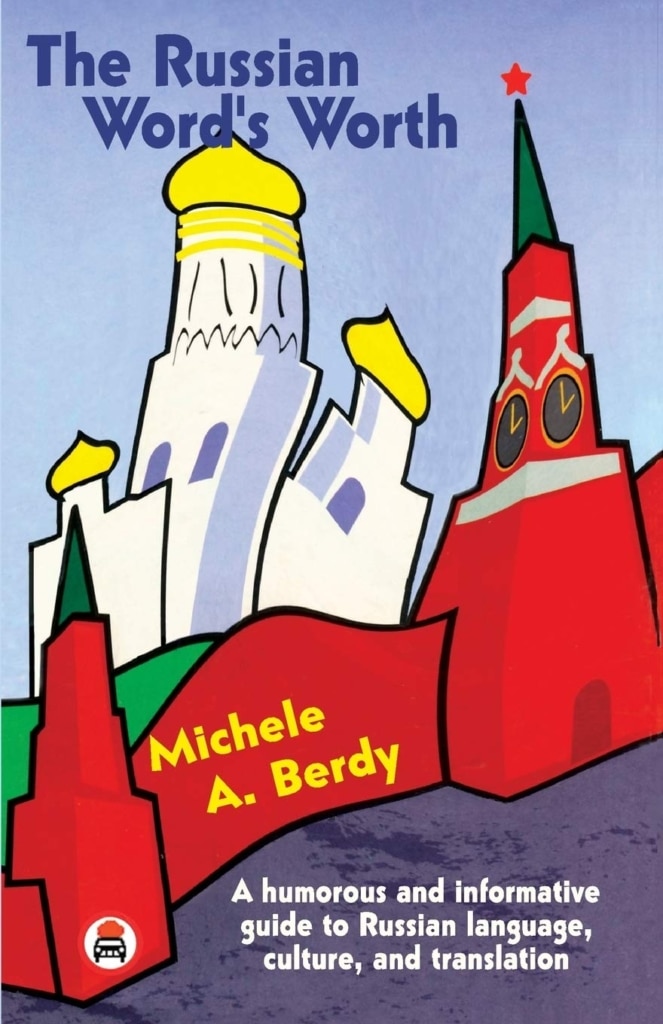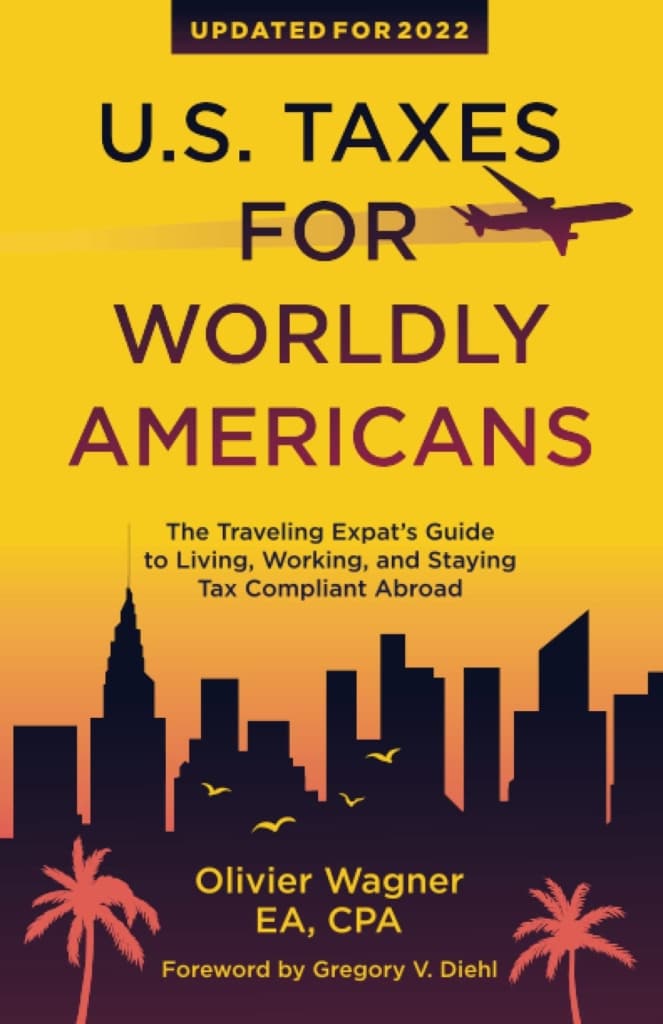Guide to International Careers for Students of Russian
How will you make your resume stand out to jump start your career? Language study, study abroad, and regional and cultural studies are all excellent ways to build hard knowledge and soft skills that employers are increasingly seeking. Below, we’ll detail how to emphasize how to use your skills when applying for employment. We’ll also list numerous jobs that your language and cross-cultural skills can make you more competitive for. Lastly, we’ll include some advice on how to apply for them.
We’ll be looking most specifically at Russian, the language most SRAS students study, but this can apply to the many other languages offered on our programs as well.
There are many reasons why employers may value an employee who can speak Russian. Here are some of the ways that you can emphasize your skills on your resume and in interviews.
- Difficult and Unique: Learning Russian is not easy. Having done so shows that you can stick with a task and achieve results. It’s also not a common language to learn, meaning that you’ll probably be asked to share your personal reasons for having chosen it and, hopefully, some interesting stories from having traveled with it. This can definitely make you a memorable candidate if you present yourself well.
- Eurasian Lingua Franca: Russian is widely spoken across Eastern Europe, the Caucasus, Baltics, and Central Asia. Knowledge of Russian is a gateway not only to traveling these regions, but also to gaining a much better understanding of their cultures, societies, economies, and politics.
- Global Competition: Careers that focus on understanding the economic, political, military competition with Russia, including in the regions of Eastern Europe, the Caucasus, Baltics, and Central Asia, are growing. These include careers in government, think tanks, risk assessment services used by major businesses, and more. Knowing the language is essential to flourish in these roles. The US State Department has designated Russian a “critical language.”
- Scientific Literature: Scientific papers produced in Russia are often published in Russian journals in Russian. In fact, the scientific community in the west is still discovering important findings made in the USSR that never made it out of the Communist sphere of influence.
- Wider Lingua Franca: Russian is the second most common language online. It is an official language of the UN and, with English, a major language of space exploration. Russian is spoken by 149 million people worldwide, including by a growing diaspora; one can now find Russian speakers across the globe, including close to one million now living in the US.
- Pair Russian with Other Knowledge: For these reasons, Russian can pair well with majors in political science, international relations, security studies, diplomacy, government, economics, business, cybersecurity, linguistics, history, statistics, and much more.
Whether you’re exploring new cultures firsthand through study abroad or diving deep into the history, politics, and languages of a specific region, these experiences open doors to personal growth, academic enrichment, and meaningful careers.
How they do so is rich enough that we’ve devoted a full page to discussing it.
The United Nations operates with Russian as one of its official languages. Thus, the United Nations has considerable demand for employees with language and international experience.
The US Federal Government needs qualified individuals with language and cross-cultural skills to maintain effective foreign policy, diplomacy, security, and a range of other government functions. The US Federal Government has often struggled to locate and hire these individuals. They particularly need Russian speakers who also have education and training in economics, political science, diplomacy, STEM fields, or other fields directly applicable to a specific agency’s functioning.
To apply for jobs with the federal government, you might look at:
- The Interagency Language Roundtable, a US government agency is designed to coordinate hiring linguists, interpreters, translators, and other language-oriented professionals for the US federal government.
- USAJobs.gov, the federal government’s central website for job postings. Try entering “Russian” in the “keywords” field and see what comes up!
- The US Foreign Service, which has a chronic shortage of Russian speakers in attempting to secure their official mandate to promoting peace, supporting prosperity, and protecting American citizens while advancing the interests of the US abroad. The Foreign Service Journal is a free publication of the US Foreign Service.
Specific US agencies that regularly hire Russian speakers include:
- Central Intelligence Agency
- Federal Bureau of Investigation
- State Department
- National Security Administration
- Department of Homeland Security
- NASA
- National Virtual Translation Center
To apply for any US government job, follow the instructions in the video below.
US State and Local Governments are reporting language skills shortages in their health care and education systems, social and police services, and legal systems. Sometimes, there is a local agency serving local institutions and sometimes the institutions rely on freelancers or even volunteers for translation services. Many localities have established incentives to hire a greater range of language speakers in various professions. You’ll need to research your own location.
Teaching English can be a good way to head back abroad for an extended stay. This can be an excellent way to build contacts abroad, gain additional international experience. English teachers abroad usually do not make great amounts of money, but you can make enough to live locally.
A. Is It Legal?
It is illegal to arrive in most countries on a tourist visa and, while there, perform paid work. If your activities are discovered by authorities, you can face deportation, travel bans, and other legal action. Research your location carefully before arrival. Getting a job with a reputable school that can advise you and supply you with the necessary documentation is recommended.
B. A Few Resources for Select Locations.
Again, make sure you are arriving on an appropriate visa and with all needed documentation. Below are a few additional thoughts from SRAS staff on the ground:
- Lativa
The current job outlook for English language teachers in Latvia is somewhat challenging. There is an increasing oversaturation of local Russian language teachers transitioning into English language instruction, largely due to recent school reforms, which ended Russian language instruction in many public schools.
EU is quite strict on visas and work permits, and in Latvia most private schools are reluctant to handle visa paperwork for foreign hires. Also, given the widespread use of English across Baltics, the demand for ESL teaching positions has generally declined in recent years.
That said, you can check CV.lv or Visidarbi.lv for potential job openings.
- Georgia
Georgia is currently oversaturated with English teachers, making it difficult to secure well-paying positions. Salaries for teachers in Georgia tend to be quite low, although the cost of living is also very low.
The highest-paying opportunities are typically found in international schools, but these usually require official teaching certifications—not just a TEFL, but a full teaching license. Outside of that, there are some Georgian private schools that may offer an okay salary with just the TEFL certificate and they at times post those on Jobs.ge or on LinkedIn.
- Kyrgyzstan
Kyrgyzstan is probably the easiest place to find a job teaching English. The market is not yet saturated and there are several schools willing to get your paperwork and not even require something like TEFL. If you’re a native English speaker, a lot of times that’s good enough. Here are some schools that seem to hire a lot of young international teachers:
Silk Road International School
Bilimkana American School
Aitmatov_International_School
Cambridge School
Academic Consortium International University of Kyrgyzstan
London School of Languages and Cultures
You could also join the Expats in Bishkek Facebook group. Schools will occasionally put job postings there, and foreigners will post if they’re looking for a teaching position so people can contact them.
- Poland
Starting work in Poland can be a horribly bureaucratic affair, but a rewarding one. Here are a few schools that will hire foreigners to teach. Note that requirements can differ.
Education First Warszawa
Speak Up (with locations all across Poland)
The Tower
Profi-Lingua
The British Council
School of Language, Testing and Foreign Language Services
C. Additional Resources
- English Primer for Russian Speakers is a document developed by Josh Wilson, SRAS Assistant Director, for rapidly teaching basic English pronunciation, grammar, and vocabulary to Russian speakers.
- How to Teach English by Jeremy Harmer provides practical coverage of specific methods, lesson planning, using textbooks and coping with the unexpected.
- The First Days of School: How to Be an Effective Teacher by Harry Wong walks a teacher, either novice or veteran, through structuring and organizing a classroom.
- The American English Website is run by the US Department of State. It provides resources for teaching and learning English as a Foreign Language (EFL), exploring American culture, and encouraging conversation within the global EFL community.
- TLSBooks and bogglesworldesl have lots of free worksheets.
- ESL101 has extensive resources and job listings for English teachers.
- The British Council has compiled a large database of materials searchable by skill and level.
- The BBC has a collection of materials ranging from videos to vocabulary lists to news-based lessons that can be very helpful to English teachers. The site is primarily in Russian.
- One Stop English provides a wide range of materials. Registration is required, though is free.
- Voice of America regularly uploads broadcasts and has an archive of short news stories classified by level. Most come with text.
- The Canadian Broadcasting Company has pulled together holistic lesson plans that combine listening, speaking, reading, and writing.
- The Folger Shakespeare Library website offers a wealth of free lesson plans and materials for teaching Shakespeare.
- Teachers First is a terrific collection of materials for all subjects and grade levels. Though not specifically for English as a learned language, most of the resources can be adapted.
- The US Consulate in Krakow, Poland produces a monthly English language learning newsletter focuses on current issues and includes classroom activities.
- EngVid offers free English language video lessons. They may be utilized for students struggling with a concept, as a homework assignment, or for teachers needing to improve their own teaching methods.
- Both Stanford’s High Wire database and the Directory of Open Access Journals offer teachers a wealth of advanced level reading material, particularly useful for students preparing for admission exams.
ImaginePHD is a career planning resource for those hoping to make a living in academia.
Job postings can be found on the websites for various professional organizations. You’ll need to join them first to access that part of their site, but it can be worth the investment. Check out ASEEES (scholars and teachers), ACTFL (teachers), NAFSA (international education and exchanges), or Forum (study abroad).
Start networking to boost your hiring chances. In any job search or in developing any career, a major key to success is building a network of people connected with your chosen career. Below are a number of networking organizations to start you off in academia.
1. Russian / Slavic Languages
SEELANGS is a service which links hundreds of Slavic scholars across the globe into one community. Questions about research topics, class materials, and study abroad opportunities often receive educated answers within a day.
The American Council on the Teaching of Foreign Languages (ACTFL) seeks to strengthen and improve the teaching of foreign languages at all educational levels. They run webinars, conventions, provide online materials, and more.
Slavic Information Literacy attempts to ascertain and enunciate many of the core competencies students and scholars of Slavic need to be productive (and employed!) in the field.
The Committee on College and Pre-College Russian (CCPCR) provides an incredible amount of useful information including statistics on college enrollment, resources for teachers, mailing lists for teachers, and even a census of language graduates and their current professions.
The American Association of Teachers of Slavic and East European Languages (AATSEEL) exists to advance the study and promote the teaching of Slavic and East European languages, literatures, and cultures on all educational levels, elementary through graduate school.
Association for Slavic, East European, and Eurasian Studies (ASEEES ) represents American scholarship in the field of Russia, Central Eurasian, Central and East European studies. Representatives of the ASEEES sit on such bodies as the US State Department’s Advisory Committee on the Soviet/East European Research and Training Act (1983), and the International Congress for Central and East European Studies (ICCEES). It is a constituent society of the American Council of Learned Societies.
International Association of Teachers of the Russian Language and Literature publishes journals, sponsors competitions and events, and supports research and teaching. Most of the site is only available in Russian.
The Canadian Association of Slavists (CAS), founded in 1954 at the University of Manitoba, is an interdisciplinary gathering of scholars and professionals whose interests focus on the social, economic and political life of the Slavic peoples, as well as their languages, diverse cultures and histories.
The Slavic Cognitive Linguistics Association seeks to promote Cognitive Linguistics, and particularly to encourage graduate students and junior faculty to pursue research on the Slavic languages in the framework of Cognitive Linguistics and to encourage interdisciplinary applications of Cognitive Linguistics, particularly in the area of literary analysis.
The National Council of Less Commonly Taught Languages seeks to encourage communication between teachers of LCTLs (including Russian) and to increase America’s capacity for teaching and learning them.
The Central Association of Russian Teachers of America (CARTA) officially includes the states of Arkansas, Colorado, Kansas, Missouri, New Mexico, Oklahoma and Texas, but is open for professionals at all levels of public, private, secondary, and higher educational institutions from other states as well.
American Friends of Russian Folklore mission is to support and promote American understanding of Russian traditional life and culture. To this end, AFRF supports a wide range of projects: field research, recordings, filmmaking, archiving, and analysis of Russian folklore and oral histories.
2. General
American Association of University Supervisors and Coordinators (AAUSC) seeks to promote, improve, and strengthen foreign language and second language instruction in the US.
The Association of Departments of Foreign Language (ADFL) puts department chairs in touch with experienced peers and provides professional development to help departmental leaders work more effectively. It provides a forum for collegial exchange about important issues through its summer seminars, journal, and Web site. Members are kept informed about legislation that affects the field.
The Center for Applied Linguistics uses the findings of linguistics and related sciences in identifying and addressing language-related problems and caries out teacher education, design and development of instructional materials among other things.
InterCom is a free weekly e-mail digest for language teachers that you customize so that you receive only the content that you are interested in. Russian teachers should select “Other European” when selecting their language preferences to receive Russian-specific articles.
The Network of Business Language Educators (NOBLE) is a community which brings together professionals across disciplines to collaborate and exchange ideas to build programs and curriculum that will prepare our students to be global leaders.
The National Heritage Language Resource Center develops effective pedagogical approaches to teaching heritage language learners, first by creating a research base and then by pursuing curriculum design, materials development, and teacher education.
The Washington Association for Language Teaching (WAFLT) seeks to meet the needs of a profession dedicated to the teaching of world language skills and cultural awareness by providing information and sensitive global perspectives in an era of ever-increasing internationalization.
3. Study Abroad
NAFSA: Association of International Educators is the leading organization committed to international education and exchange, working to advance policies and practices that build global citizens with the knowledge and skills they need to succeed in today’s interconnected world.
The Forum on Education Abroad serves as the collective voice of U.S. post-secondary education abroad.
4. Diversity
Association for Women in Slavic Studies is a networking resource for people concerned with the problems, status, and achievements of women in the profession. It also attempts to cover research and teaching in women’s studies and questions of gender and family life in Central/Eastern Europe and the Former Soviet Union.
Black Bread
Black Bread is a New York based professional network of Black Russian-speakers. We also work to increase the number of Black American students studying abroad in Eurasia.
Q*ASEEES
the Society for the Promotion of LGBTQ Slavic, East European, & Eurasian Studies (Q*ASEEES) was created to promote all forms of Lesbian, Gay, Bisexual, Transgender, and Queer (LGBTQ) studies in Slavic, East European, and Eurasian societies.
Diversity Abroad is the leading membership organization that inspires and supports educators, policy makers, industry professionals and other stakeholders in leveraging global educational programs to support the academic success, interpersonal development and career readiness of students from diverse and underrepresented backgrounds.
5. Other
The American Research Institute of the South Caucasus (ARISC) seeks to encourage and support scholarly study of the South Caucasus states (Armenia, Azerbaijan, and Georgia) in all fields from the earliest times to the present. ARISC aims to provide an ongoing American scholarly presence in each country in order to facilitate research and establish and nurture ties between institutions and individuals.
The Central Eurasian Studies Society (CESS) is a private, non-political, non-profit, North America-based organization of scholars who are interested in the study of Central Eurasia, and its history, languages, cultures, and modern states and societies.
Tataroved is run by the Tatarstan Academy of Sciences and devoted to Tatar Studies.
The World Academy of Rusyn Culture is an academic and charitable institution for the purpose of encouraging new work and preserving the Rusyn culture.
The Computer Assisted Language Instruction Consortium (CALICO) is a professional organization that serves a membership involved in both education and technology. CALICO has an emphasis on modern language teaching and learning, but reaches out to all areas that employ the languages of the world to instruct and to learn.
EDUCAUSE is a nonprofit association whose mission is to advance higher education by promoting the intelligent use of information technology.
The Center for Strategic and International Studies is a bi-partisan think tank dealing with international and global issues, including Russia. Their website bristles with information, including the email addresses for experts in Russian domestic and foreign policy, and a list of publications with some available for download.
Language majors often mention translation as a possible career choice. This is a rapidly growing profession, with global demand soaring as the world becomes increasingly connected. However, many translators will find that most clients and, in fact, a great number of other translators, do not know the skill, time, and effort it takes to produce a good translation. The problem is exacerbated by the fact that most university language programs, despite the rising demand for translation, do not offer translation or interpretation courses or requirements. Lastly, because the translation industry is globalized and fractured, a translator in the US will often compete with those in countries such as India and Malaysia, with lower costs of living.
Translators should develop a strong specialization – whether in translating the works of a particular author, legal or accounting documents, or in translating technical manuals for a particular industry. This specialty will give you the specific vocabulary needed for these, but should also help you develop strong contacts within a specific niche of potential clients or employers. Translators also often have to become skilled in client education – explaining persuasively that good translations take time and therefore cost money. A strong specialization, professional presentation skills, and a wide network of contacts are key to building a sustainable career in translation.
Lastly, know that translation and interpretation (translating speech) are two very different skills. The interpretation industry is affected by the same issues as translation. However, while translators can often spend time thinking of the just the right phrasing, interpreters, and particularly in simultaneous interpretation, must often make decisions quickly and without reference books. Furthermore, they must develop the stamina to process linguistic information at this speed for considerable lengths of time. Specialized education and training is especially encouraged for those considering interpretation as a career.
- American Translators Association (ATA) is dedicated to translation and interpreting. It provides lots of material and resources for advocating languages as professions. Their Slavic Language Division also runs a regular newsletter called SlavFile as well as a podcast.
- The Association of Language Companies can give you an idea where to apply for employment post-graduation.
- The Interagency Language Roundtable is a US government agency is designed to coordinate hiring linguists, interpreters, translators, and other language-oriented professionals for the US federal government.
- Proz is a massive online forum and marketplace where translators learn from each other and market their services.
- University Courses can get you a degree, certificate, or at least resume line that can greatly help your chances of getting hired.
- PEN Free Sample Freelance Contract can get you on your way to stable freelancing while protecting your rights.
- One World Global Services offers remote and in-person work for translators and interpreters.
B. Recommended Books on Translation
The private sector considers language skills increasingly valuable. A growing number of companies of all sizes are involved in the international economy. Further, many local companies serve increasingly multicultural and multilingual communities at home. In both cases, companies are more efficient when they have staff who can operate in multiple languages and understand cultural differences.
While companies consider language skills valuable, most will not hire based exclusively on them. Language majors hoping to enter the private sector should consider a double major, minor, or at least some other education or experience in a field such as accounting, business, management, or another industry-specific field such as engineering, computer science, or tourism.
Job seekers will have two avenues: looking for work at home or abroad. It was once fairly easy for a recent American graduate to find a job in Eastern Europe. Then, financial crises in 2008 and 2014 caused companies to look for ways to trim costs. As a generation of post-communism young adults comes of age, they are starting to fill the positions that were once widely open to foreigners at a fraction of the cost.
Today, recent graduates will generally find language teaching to be the only field that is fairly widely open. Other positions will require strong industry-related skills as well as very strong language skills to compete with locals. Thus, we generally advise graduates to seek employment at home first.
A. Seeking Employment at Home
If looking for region- or language-specific employment, one great place to start is with businesses that have joined international business organizations. Apply for a job at their American facilities, establish yourself at the company, and look for growth opportunities that will allow you to use your language and cultural skills.
Concordia Language Villages
This Russian-speaking youth camp in Minnesota offers volunteer and employment possibilities.
B. Finding Work Abroad (Logistical Issues)
For those interested in pursuing careers abroad, one of the best routes is to get a job at home (see above) and look for opportunities to be transferred to a foreign office. There are also international headhunters that might be able to help place you into a position (see below). Again, this usually requires advanced language skills and previous experience.
Before pursuing this, there are some logistical issues you should consider:
1. Your Paycheck
Most companies abroad will pay you in local currency. This might be a problem if, for instance, you have debt or other bills back home. As other currencies can appreciate or depreciate against the dollar, your paycheck may effectively shrink (or grow) from month to month, affecting your ability to maintain your budget.
Also, if you are employed in abroad, you will likely be paid to a bank account abroad – you will need to figure out how to move money back home (which might require wire fees, which can often be up to $40 plus 1.5% of the total sum being transferred, plus intermediary fees). If you withdraw money abroad from your home bank, you are likely to be charged withdrawal fees (see our guide to budgets and finance abroad).
2. Why Should You Work Abroad and for How Long?
Working abroad can be excellent for growing your resume, showing that you can deliver under almost any circumstances and giving you a number of stories to tell in interviews and staffrooms.
We typically recommend, however, staying 1-2 years abroad. It’s long enough to show that you’ve achieved something, but not long enough for you to be considered “too specialized” or to potentially lose your contacts back home that can help you find work there when you return. Try to keep building contacts at home via social networking or any other means while you are abroad.
3. Visas, Contracts, and Other Documentation Issues
While common in the US to accept employment based on a verbal agreement, in many other countries, if you didn’t sign a contract, you are not legally working.
For foreigners, this is especially important because the contract will be the basis of obtaining a work visa and permit. If you don’t have these, you may not be legally working. Your company must supply them. It is not possible for an American to obtain a work visa and permit independently.
You should take local labor and migration laws very seriously. Infractions can mean fines, deportation, and bans on entering the country for some length of time. While you may be surprised by what will go into maintaining a legal, working status abroad, know that all countries place additional restrictions on foreigners living and working in their countries.
4. Income Taxes and Working Abroad
As an American abroad, you will be responsible for taxes in both in the country you are working and the US. Make sure you discuss local taxes with your company HR before accepting a position abroad.
American citizens are required to pay taxes on worldwide income, no matter where you reside. There is, however, a Foreign Income Exclusion that should help. You must file a return whether or not you owe anything. More info from the IRS is here. There are firms specializing in “expat taxes” such as ExpatCPA and Taxforexpats.com. TurboTax (paid version) can also do the job.
Citizens of Other Countries: Please check your home country’s legislation.
5. Making Careers Abroad
If you decide to stay abroad long-term, there are other considerations. For instance, consider how you will save for retirement – and knowing that investing in the US will be harder as anyone living outside the US (even US citizens) faces restrictions on investing in US markets.
You will need to consider your long-term residency – how will you maintain your legal status? Many staying long term get residency or even citizenship, but this can be a fairly long process depending on where you are and involve health tests as well as language requirements and more.
C. Finding Work Abroad (Resources)
1. Professional Placement Services
For those with the language skills and professional skills who are looking to gain experience abroad, contacting a “headhunter” can be a good first step.
2. Networking
Your best opportunities for employment are likely to be found on-the-ground in Russia, through the personal contacts that you’ll make. Here’s an annotated list of resources that you can use to jump into the local social scene.
Internations
This site unites international professionals on the ground in various major cities across the globe. Emphasis is placed on physical meetings.
Study Abroad
Studying abroad can put you on the ground, fully legally and supported, for a few months. Use the time to learn the language and perhaps study business, economics, or political science (you will have to attend classes to retain your visa). Also use the time to get out and meet locals.
CouchSurfing
This site has gone from being a place to find a cheap place to crash to building international communities in cities across the globe.
Facebook and LinkedIn
LinkedIn can be particularly useful for advertising your skills and building professional connections.
D. Recommended Books on Working Abroad
Publishing research can be a great way to establish your authority on a particular subject. This guide on our site GeoHistory.Today can help you navigate some of those possibilities.
SRAS Student Services
"Renee, the work that you do is so far beyond any kind of formal service or trip planning in your vision, scope, and ability to think of absolutely everything and anticipate potential problems in advance. You clearly have a gift for this."
- Andrea Lanoux, Connecticut College
"My Dear Renee, I am still in Kazakhstan but can report back we had a perfectly splendid time in Kyrgyzstan. The students and I want to collectively buy a little plot of land and a yurt or house in the village at the base of the mountains. They loved their families and I fell in love with Kenzhe, we want to include her in our documentary. I will be in touch over the next two weeks. Forever grateful to you."
- Jane Knox-Voina, Bowdoin College
"Thanks again to (SRAS Assistant Director) Josh Wilson for being so helpful with getting us started! At our concluding discussion class yesterday I asked the students to write and then present five "Kliuchevykh slov" about their experience. Several of them wound up referencing Josh's comments about trying to observe without judging, which he made during the Moscow Walking Tour. Thanks for helping me teach this course!"
- Jane Costlow, Bates College
"A long overdue thank you for the wonderful trip you and your staff planned for the Drew group in St. Petersburg. I have never had a trip where NOTHING went wrong. It was a terrific experience from start to finish, your staff was superb and St. Petersburg Economics University was a marvelous host. We enjoyed each and every lecture and guide, and the many fine added touches. I would love to do this again."
- Dr. Carol R. Ueland, Drew University
"The SRAS guides were excellent! They really knew their stuff and were able to relate the history of the places we visited in an interesting and inventive way. It was obvious they had a lot of experience working with American students."
- Charles Arndt III, Union College



